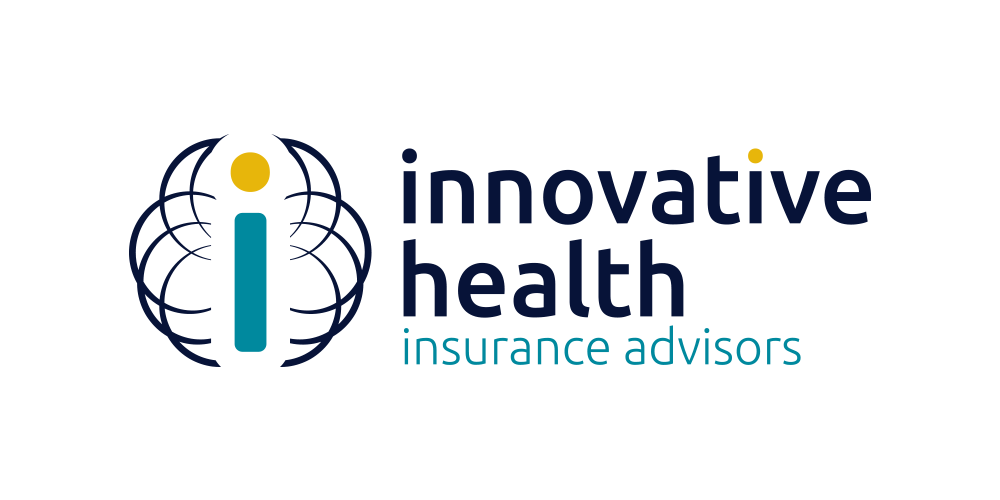The Individual Mandate: What Employers Need to Know
The California Individual Mandate, originally signed into law in 2019, was a response to the federal individual mandate being struck down by the Trump administration.
This state law requires all California residents to obtain Minimum Essential Coverage (MEC) for a minimum of nine months, or they may face a tax penalty unless exempt.
Let’s discuss the individual mandate and what employers need to know, starting with a shorthand list of exemptions.
MEC Exemptions

According to the State of California Franchise Tax Board, some exemptions include:
- An individual’sincome is below the state tax filing threshold
- A coverage gap consists of three consecutive months or less
- Coverage is not affordable based on the income reporting in your state income tax return
- If the cost of the lowest plan, whether marketplace or employer-sponsored, is more than 8.09% of income on an individual’s tax return
- The cost of the lowest employer-sponsored family plan, including dependents, is more than 8.09% of the household income
- Non-citizens who are not lawfully present in the state
- Those who are living abroad or are residents of another state
- Members of a health care sharing ministry
- Enrolled in limited or restricted-scope Medi-Cal or other similar coverage
- Those in federally recognized tribes are eligible for services through an Indian health care provider or the Indian Health Service
- Those in jail, except for incarceration, pending the disposition of charges
These exemptions typically must be claimed on your state income tax return.
While the individual mandate went into effect “to reduce the number of uninsured individuals and families,” it also has implications for employers in California. Moreover, the law requires additional reporting from specific organizations.
Employer Reporting Required by the Individual Mandate
Employers must report insurance information to the Franchise Tax Board (FTB) of California by March 31. The data reported includes the enrollment participation of employees and their dependents.
Employers with an insurance provider who reports to the FTB are not required to report in addition to their provider.
What are the Penalties for Not Reporting Insurance Information to the FTB?
Employers who do not meet the filing deadlines of the FTB are subject to a $50 penalty for every employee receiving coverage.
Individually, there is a flat penalty per household member or 2.5% of the gross household income, whichever is higher. If an individual does not obtain coverage for the entire year, they would be subject to a minimum fine of $800.
Why Are There ACA Reporting Requirements for Employers?
For applicable large employers (ALE), the FTB introduced these reporting requirements to help enforce the state’s healthcare mandate.
Employers who offer self-insured or employer-sponsored plans must report individual enrollment through Form 3895C unless their insurer reports via Form 1095-B.
These reports allow the FTB to verify an individual’s coverage and identify who must pay an individual shared responsibility provision (ISRP).
This sounds like a lot, but don’t worry. At SBMA, we take care of all ACA reporting required for the ALEs we work with. We submit Forms 1095-B and 1095-C to ensure you comply with ACA requirements.
Individual Mandates in Other States
Individual mandates are becoming a more common practice in states other than California. The current states who have individual healthcare mandates include:
- California
- The District of Columbia
- Massachusetts
- New Jersey
- Rhode Island, and
- Vermont
Read this article “What are the Advantages of the Affordable Care Act?” to learn more.
A Final Word
As an employer, it is essential to understand the individual mandate to ensure you remain compliant with reporting requirements and avoid hefty fines.
The best way to stay on top of these requirements is to partner with an insurance provider who handles your reporting. Learn more about benefit plans, here.









